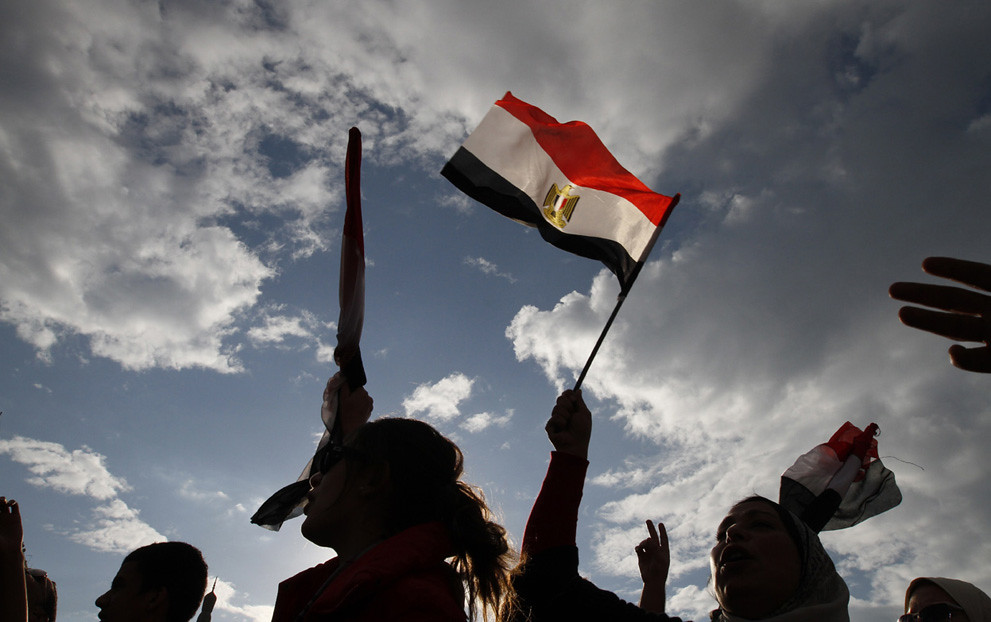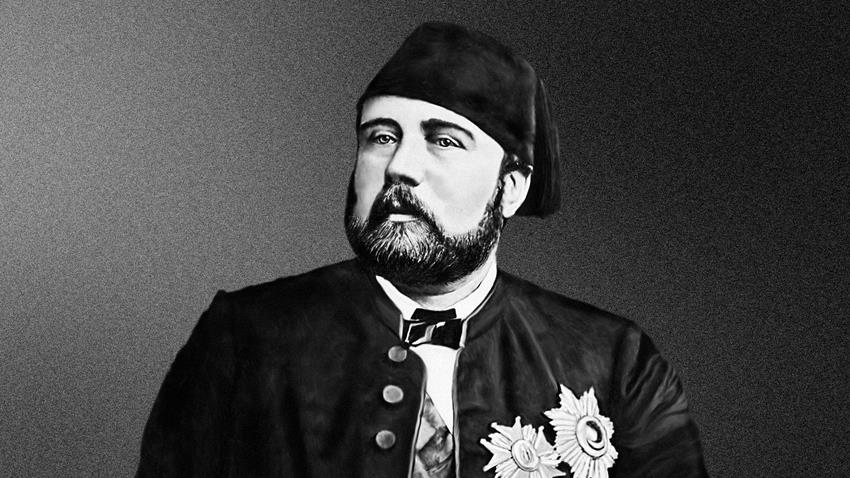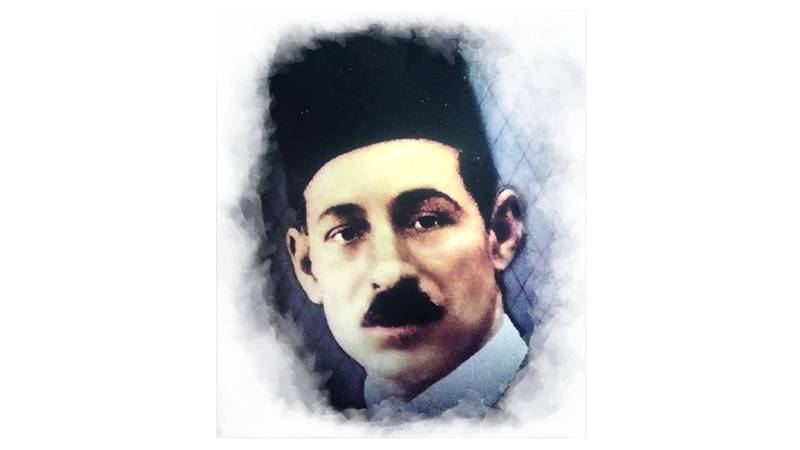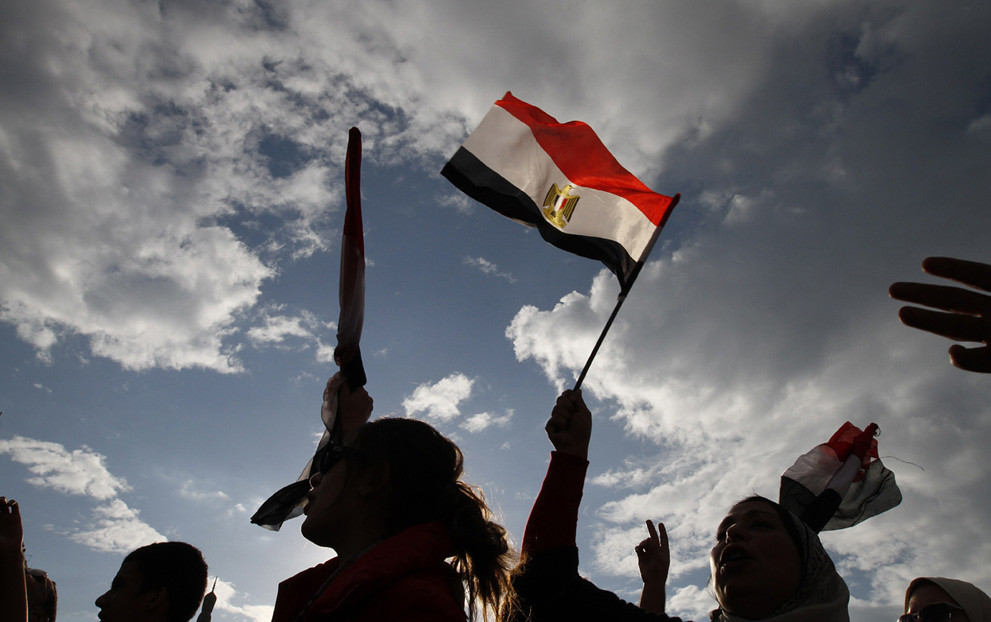
Egypt is a mosaic of history: refined and kaleidoscopic, deliberate in its culture and enduring in its nature. For centuries, Egyptians have flown many flags and drummed the beat of several anthems. No one sound has come to define Egypt, but many have over the years become intertwined with its people, its pulse, and its passion.
Here is an exploration of the different national anthems that once serenaded Egypt.

1. As-Salam al-Malaki | The Royal Salute (1869)
Composed by Italian opera’s Giuseppe Verdi in 1869, As-Salam al-Malaki is an ode to the Egyptian monarchy; it is a lyricless promise of patriotism and perseverance. Considered the first-ever Egyptian national anthem, it was put into place during the era of Euro-enamoured Khedive Ismail, thus its alternative titles of Salam Afandina (the Khedive’s Salute) and the Sultani Anthem. It became the de facto national anthem of Egypt for nearly a century after its commissioning, from 1869 through 1958, despite other transient anthems coming and going in the process.
Since its founding in 1934, the Egyptian State Radio has “ended its broadcasting every night with one of the so-called King’s bands playing a rendition of [As-Salam al-Malaki].”

2. Eslami ya Misr | Be Safe, Egypt (1923)
Eslami ya Misr never quite left the Egyptian consciousness. Considered the anthem between 1923 through 1936, it was written by Egyptian poet Mustafa Sadeq al-Rafeaie and composed by Safar Ali. To this day, the anthem remains in circulation and is officially used as the focused anthem of the Egyptian Police Academy.
Developed as an ode to Egypt, it focuses on willing martyrdom, courage, and determination on the battlefield. Most famously, it includes the lyrics: “In my heart, after religion, you are my religion” and “for you, Egypt, is peace – and may you remain peaceful, my country.”

3. Nashid al-Hurriya | Ballad of Freedom (1952)
More recently, and as a direct result of the 1952 coup d’état, a new anthem was developed: Nashid al-Hurriya. Sung and composed by Egyptian bard Mohamed Abdel Wahab and lyricised by Egyptian journalist-poet Kamel el-Shennawy, Nashid al-Hurriya was in place from 1952 through 1960. It was the sound of revolution and emancipation, sitting at 10 minutes with lyrics such as “I am your son, Egypt, and with my blood I protect you.”
4. W’Allah Zaman ya Selahy | It’s Been a While, My Weapon (1979)
As the national anthem for the United Arab Republic (UAR), composed of Egypt and Syria, W’Allah Zaman ya Selahy was written by poet Salah Jahine, composed by Kamal al-Tawil, and sung by the exalted Umm Kalthoum. After Syria’s declaration of independence in 1961, the union was broken; however, Egypt retained the use of this anthem as its national sound up until 1979.
Particularly significant, this is known as Egypt’s war anthem: riveting and wrenching, the lyrics serenade weaponry over a deliberate, steady tune. Its lyrics include its namesake, “It’s been a while my weapon; o war, it’s been a while.”
The reference is brought to light through context, as this era featured the various Arab-Israeli conflicts of the 1960s and 1970s. Powerful, W’Allah Zaman ya Selahy’s impact transcended the UAR and Egypt; as a melody, it was used in Iraq from 1965 through 1981.

5. Bilady | My Homeland (Present)
“My country, you have my love and my heart; Egypt, o mother of all nations, you are my hope and ambition.”
Familiar, simple, and patriotic is Egypt’s present-day national anthem. Although nowhere near as visceral in verse or layered in orchestra as previous anthems, Bilady continues to command modern-day nationalism in Egypt. Composed by Mohamed Younis al-Qadi and Sayed Darwish, the lyrics are borrowed from a famous speech made by patriot and key Egyptian figure, Mustafa Kamel.
It was at the behest of the then-president of Egypt, Mohamed Anwar al-Sadat, that Mohamed Abdel Wahab recomposed the anthem later on.







Comments (2)
[…] صور النهر بغزارة في الأدب والفن ، متضمنة في صوت مصر النشيد الوطني. مصر توجت مرارا وتكرارا “هبة النيل. […]
[…] Images of the river appear prolifically in literature and art, embedded in the sound of Egypt’s national anthems. Egypt has, time and time again, been crowned “the gift of the […]